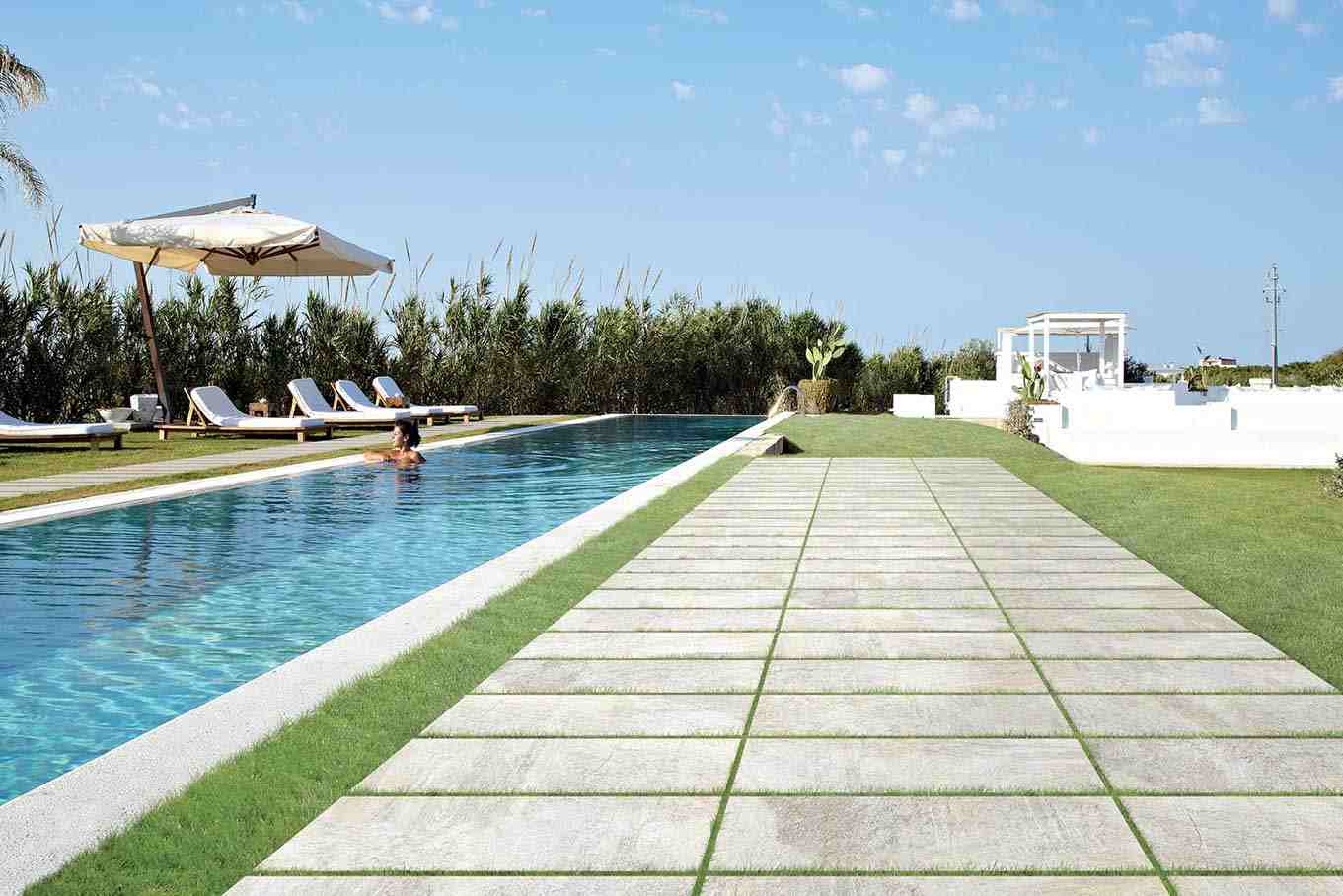Which Material Should I Choose for External Paving? Find out now.
Are you looking for the right stone slabs for your paving? Congrats! You have arrived at the right place. Before you start a paving project at your home, you’ve got to find the answer to one pressing question – which material are you going to use?
Natural stone slabs are excellent choices for all your outdoor paving requirements. Durable, long-lasting and easy to use, these slabs work well for patios, garden paths, driveways and more. With that said, there are different types of paving slabs. Choosing the right one is essential to determine the output of your application.
Here, in this post, we highlight the pros and cons of different paving slabs, based on years of experience and expertise supplying these materials to hundreds of customers across the country.
Which Natural Stone Slab Works the Best for Paving?
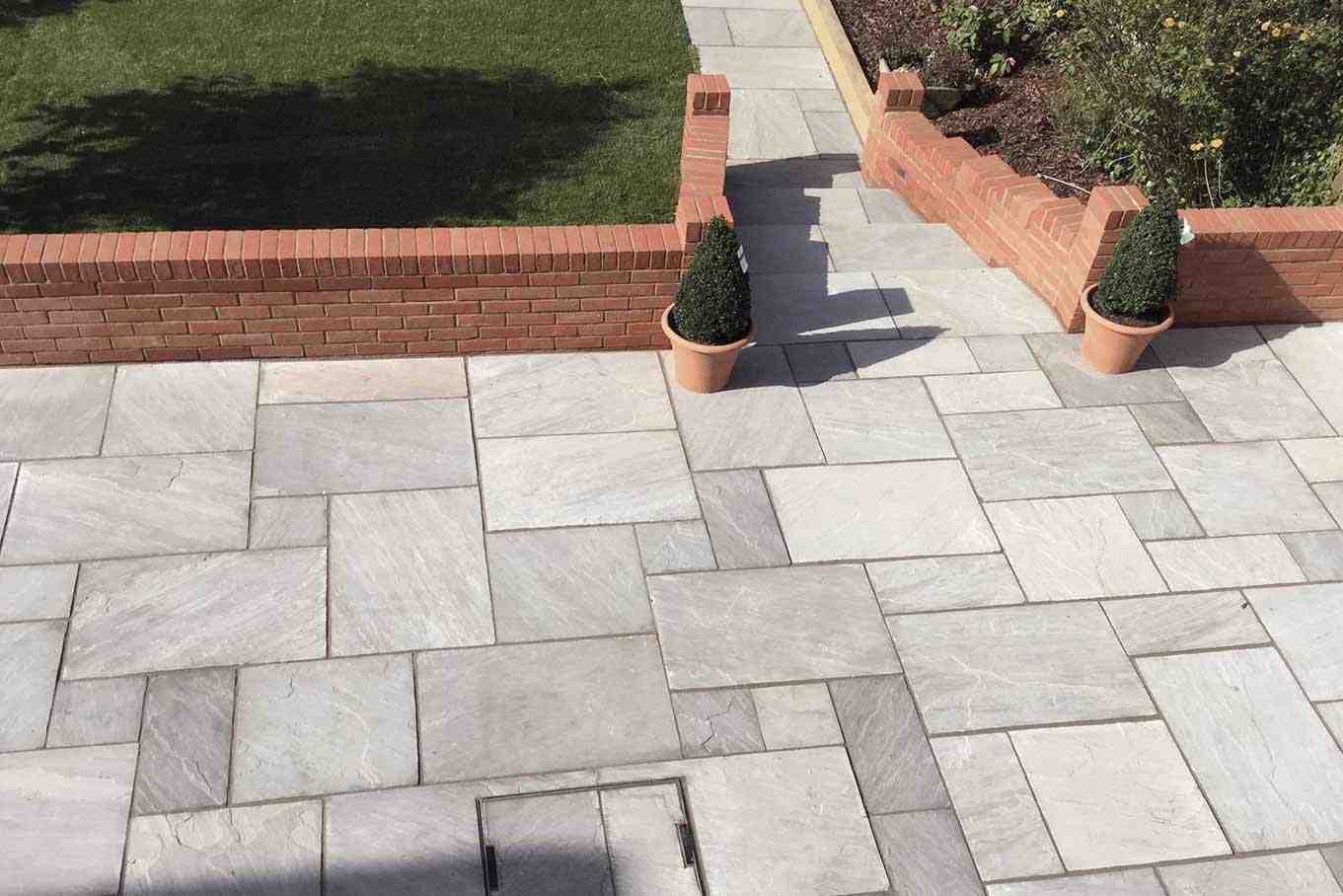
There’s no single answer to this question. Different materials have various characteristics and properties. For instance, some natural stones are hard wearing, while others have more colours and patterns. Read on to find the natural paving slab that works for you best!
Why choose Natural Stone Slabs for Paving?
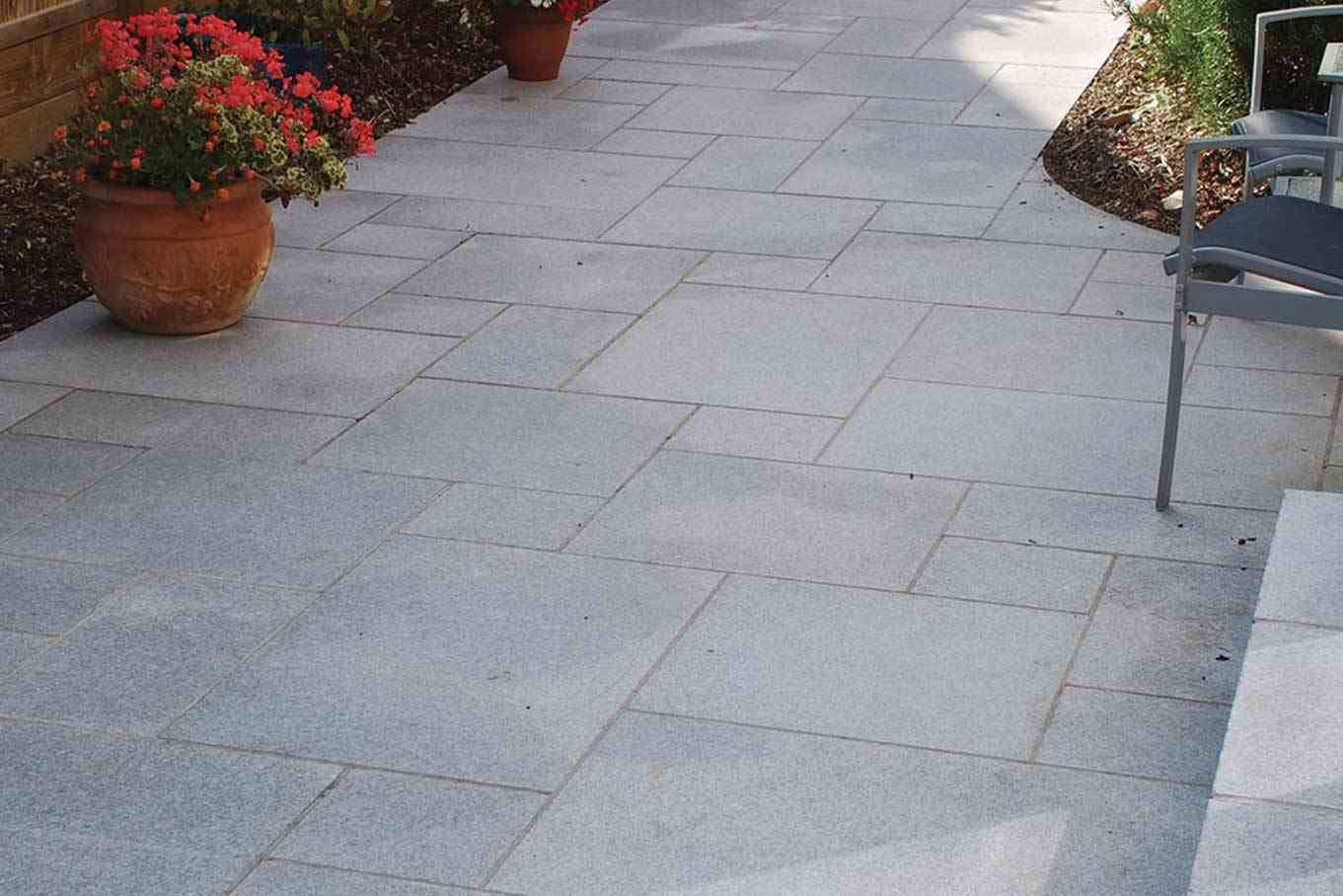
Stone has been around for thousands of years and is one of the strongest construction materials known to man. It lasts for years to come. The colours of natural stone slabs are produced by Mother Earth and thereby, look rustic and quaint.
Here are a few reasons why stone is a better choice compared to concrete pavements:
- It ages better with time
- More weather resistant compared to concrete
- The colours are subtle and add to the aesthetics
- Easy to clean and maintain
- Adds to the value of the property
- Stone quarrying is more eco-friendly compared to the production of concrete
Here, at Décor Luxury Stones, one of the top paving stone suppliers in India, we stock several types of natural stone including:
- Granite
- Limestone
- Sandstone
- Slate
Let’s take a closer look at each of these natural stones used for paving:
1. Indian Sandstone Paving Slabs
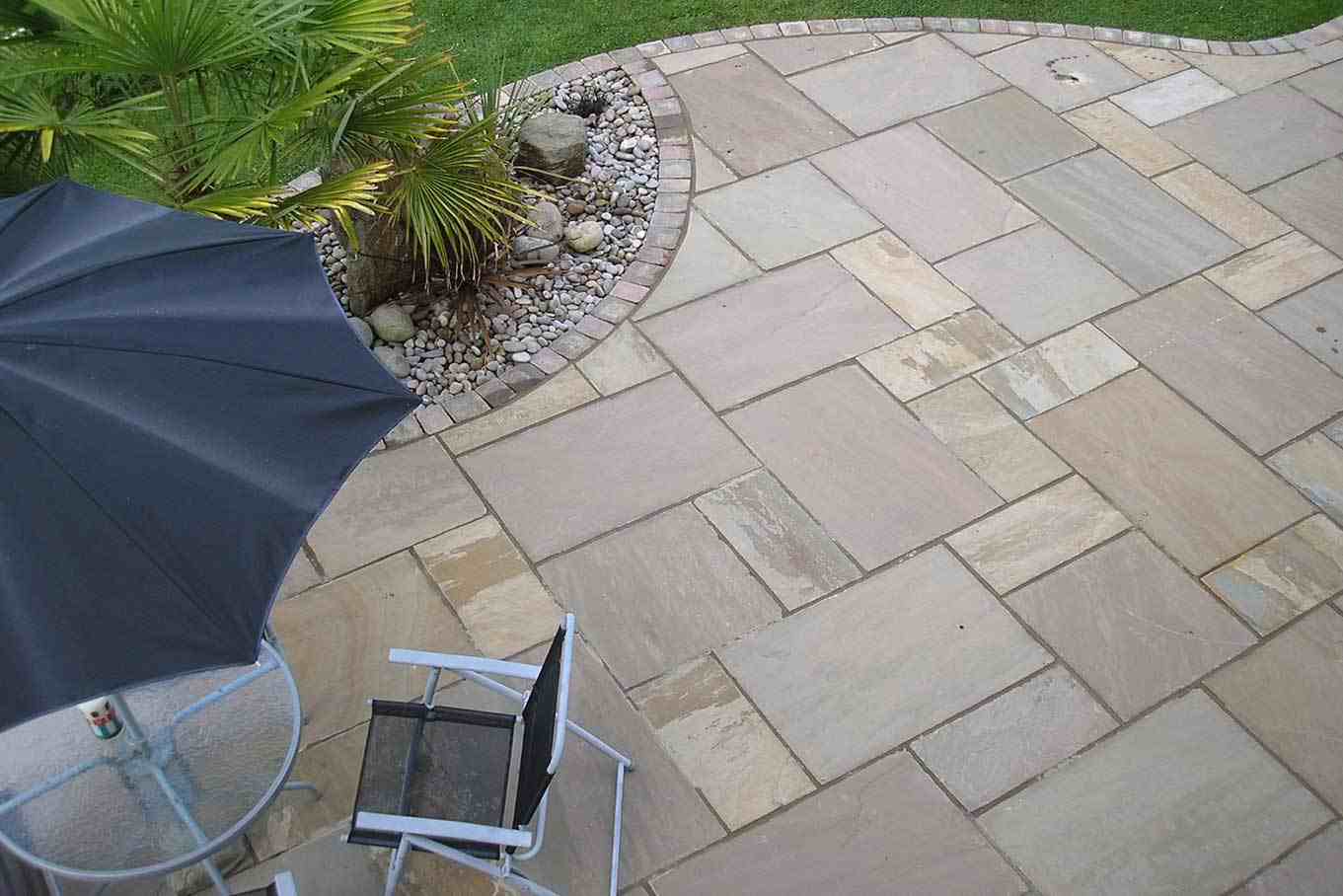
Timeless stone, Indian sandstone is available in a wide array of colours. Sandstones contain tiny grains that are joined together using silicon. Silicon is a naturally resilient material, making sandstone one of the most durable natural stones. The durability of the sandstone depends on how tightly the silicon molecules are packed together.
Pros:
- Easy availability
- A wide array of colours and styles
- Easy to work with
- Withstands extreme weather conditions like frost
- Easy to clean
- Lasts for generations
- Adds value to your home
2. Limestone Paving Slabs
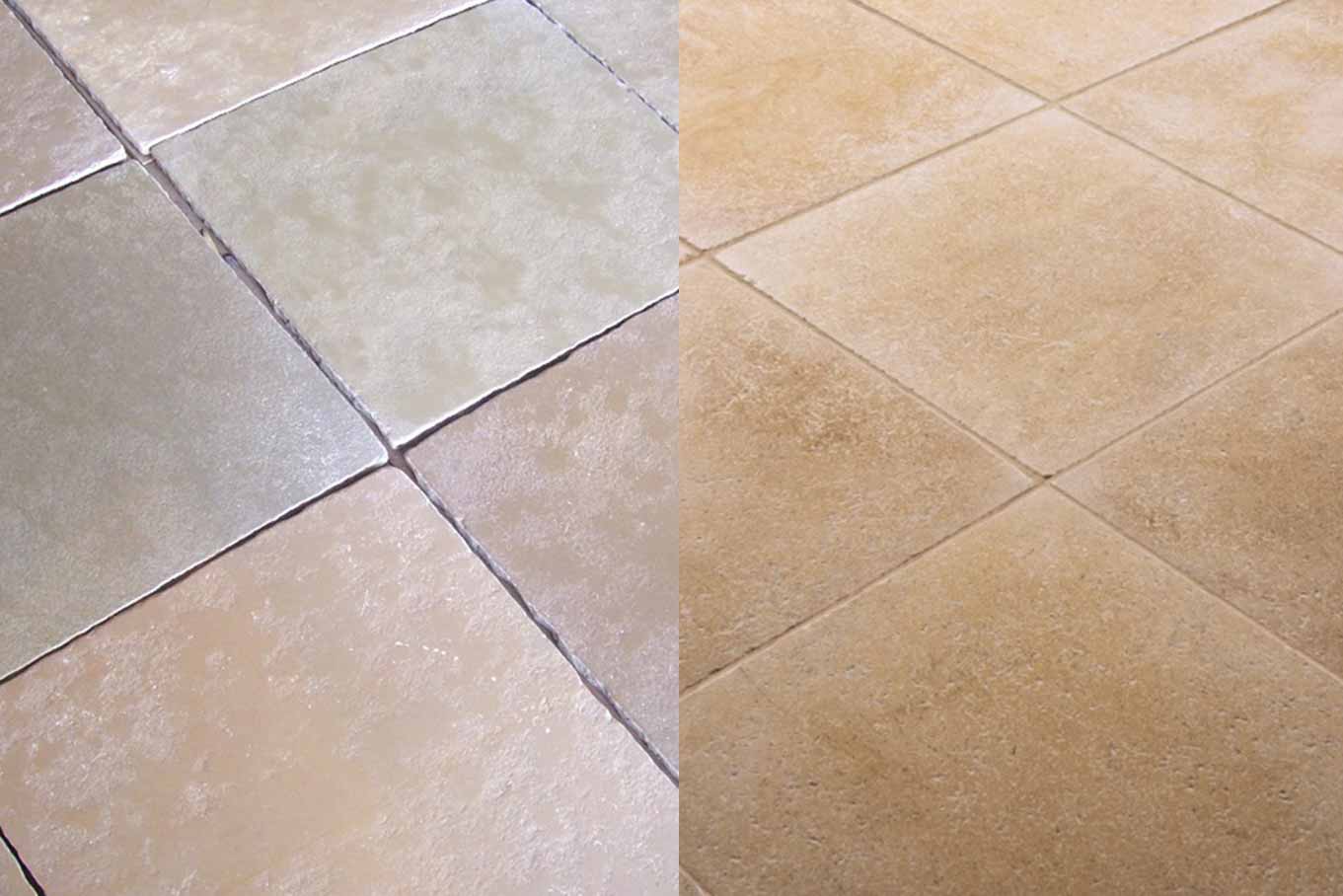
A popular sedimentary stone, limestone is formed when tiny grains fuse under the Earth’s surface. One major difference between sandstone and limestone is that the latter is made up of a mixture of silicon and lime, rather than just silicon.
Another big difference between limestone and sandstone is colour consistency. Sandstone contains grains of various colours blended in different layers, whereas limestone contains grains of a single colour. Additionally, the surface of the limestone is smoother compared to sandstone. When subjected to extreme pressure and heat for long periods, limestone transforms into marble.
Pros:
- Smooth texture, giving the surface a smooth, soft texture
- Even colours
- Easy to cut and work with
- Colours can be enhanced making for unique, striking colours
3. Slate Paving Slabs
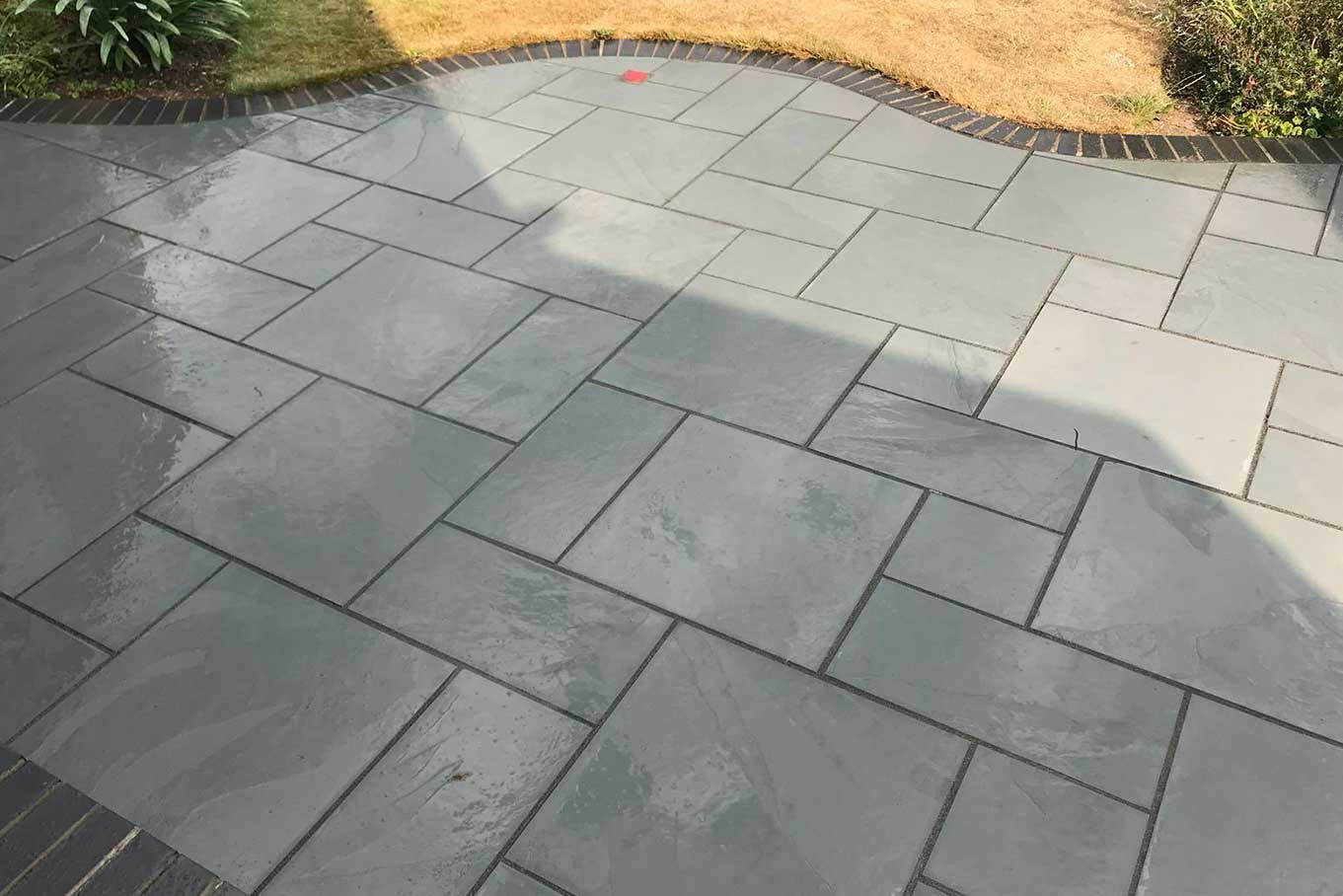
The colour palette of slate is subtle, and it’s extremely difficult to reproduce the natural colours of slate in artificial materials. Slate is formed due to extreme pressure and heat deep under the earth. Unlike sandstone and limestone that are sedimentary rocks, slate is a metamorphic rock.
Slate slabs are further classified into:
- Chinese slate
- Indian slate
- Brazilian slate
Pros:
- Striking texture and colours that don’t fade easily
- Highly durable, making it ideal for external floors
- Low porosity, meaning it doesn’t absorb water
4. Granite Paving Slabs
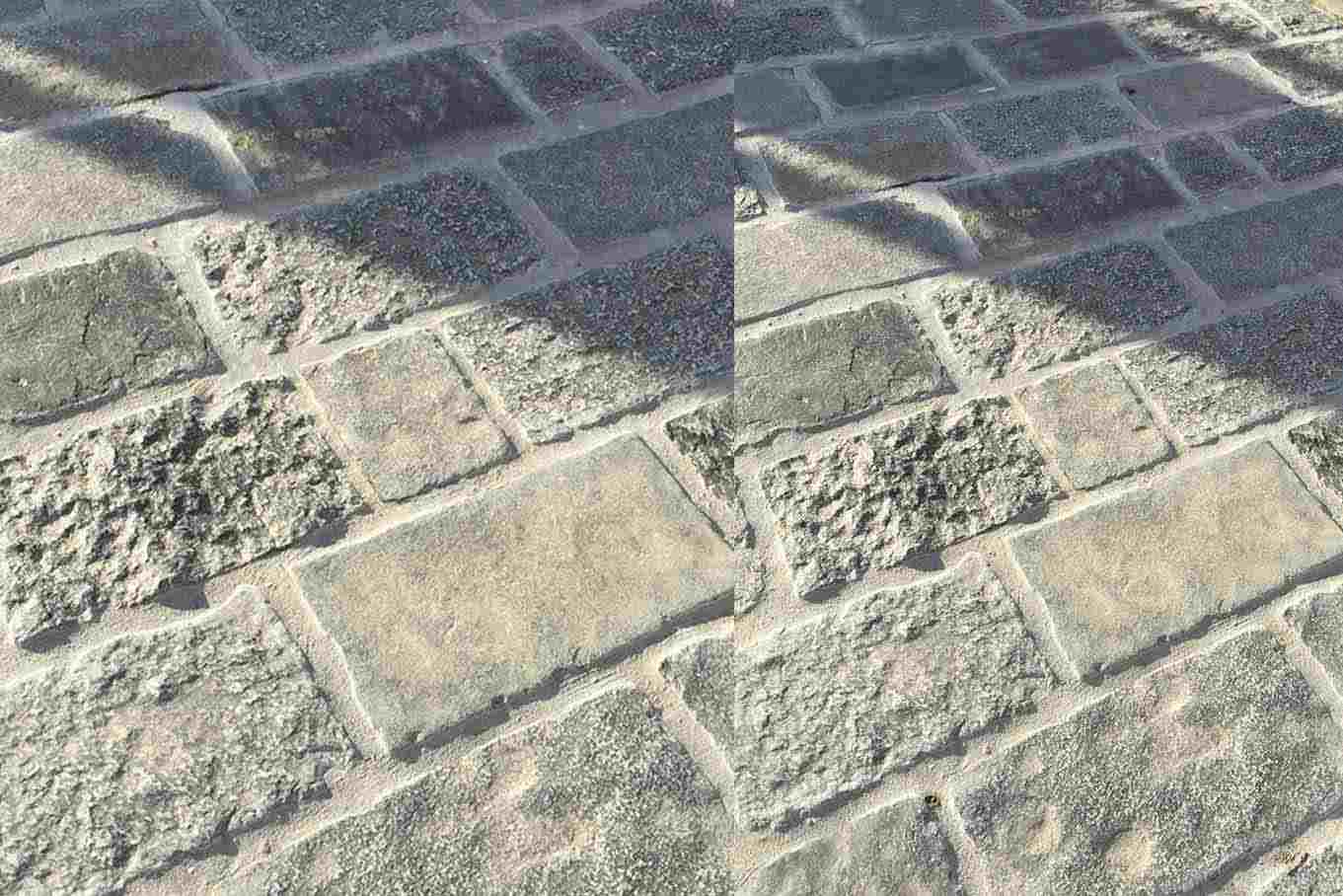
Compared to the other stones in this list, granite is completely different. It’s the only igneous stone in this list and is the most durable of all natural outdoor slabs. Granite is available in both ends of the spectrum – white and black.
Since granite is extremely tough, it’s easy to cut it cleanly. Granite is formed when magma from deep below the earth’s surface crystallizes. It’s made up of feldspar and quartz. Both these minerals are hard-wearing, making granite extremely hard.
Additionally, granite has extremely low porosity, only 0.2% porosity. This means water is unable to permeate making it suitable for outdoor uses. It’s highly weather resistant and doesn’t show any signs of wear and tear with extreme temperature.
Pros:
- Granite is nonporous, meaning it’s highly water resistant. It doesn’t get damaged by water.
- Additionally, the surface is smooth making it dirt and dust-resistant.
- Easy maintenance.
- A range of colours from dark blacks to whites, greys, reds, pinks, and white.
- Extremely weather resistant, making it last for years to come
Wrapping Up
As you can see, you’ve got plenty of choices when it comes to natural stone paving slabs. There’s no single stone that’s the best. It all depends on your application style, project requirements and more. We hope this article provided you with a clear picture of which natural stone paving to use for your project.
And, for the best natural paving stones reach out to Décor Luxury Stones, leading paving stones supplier in India.





